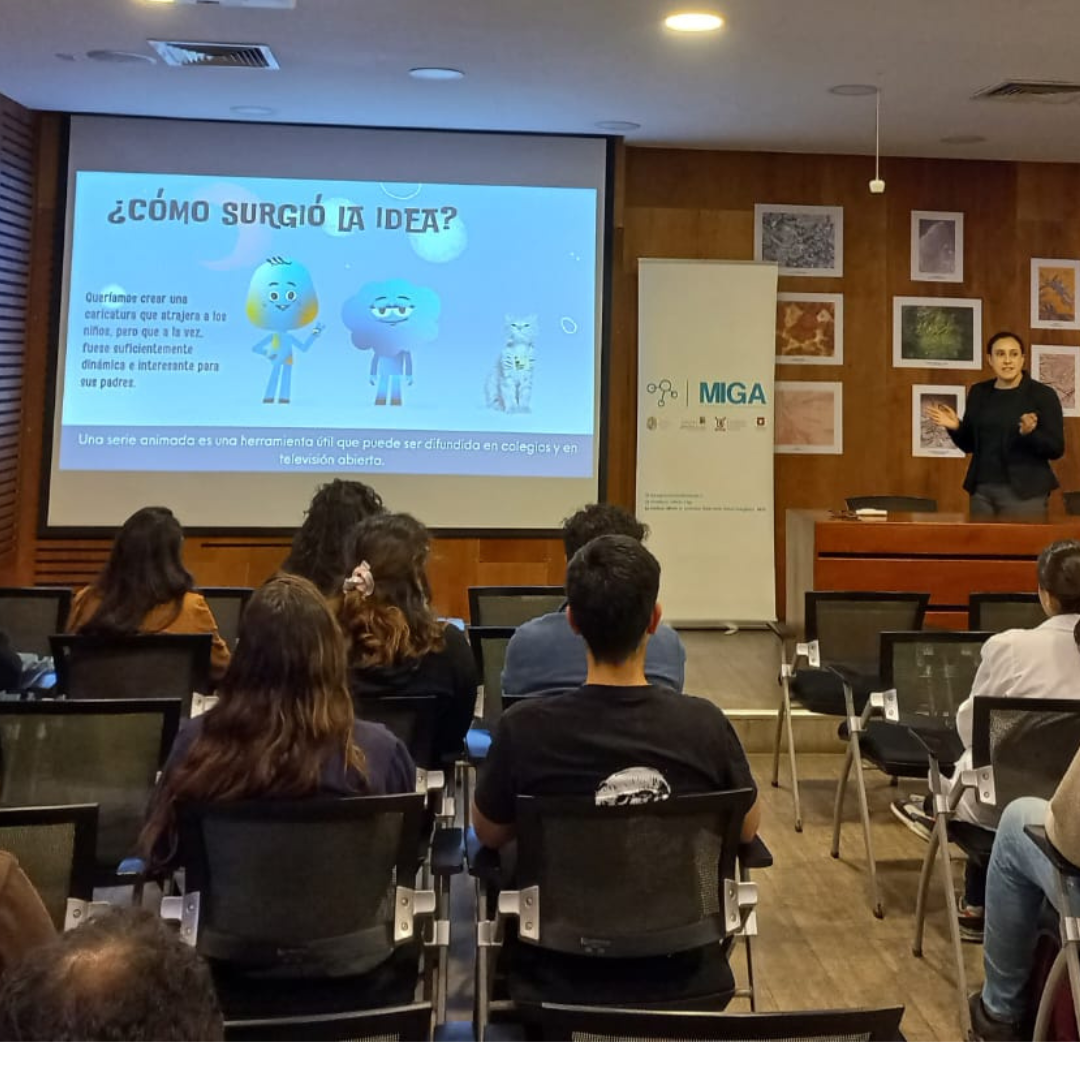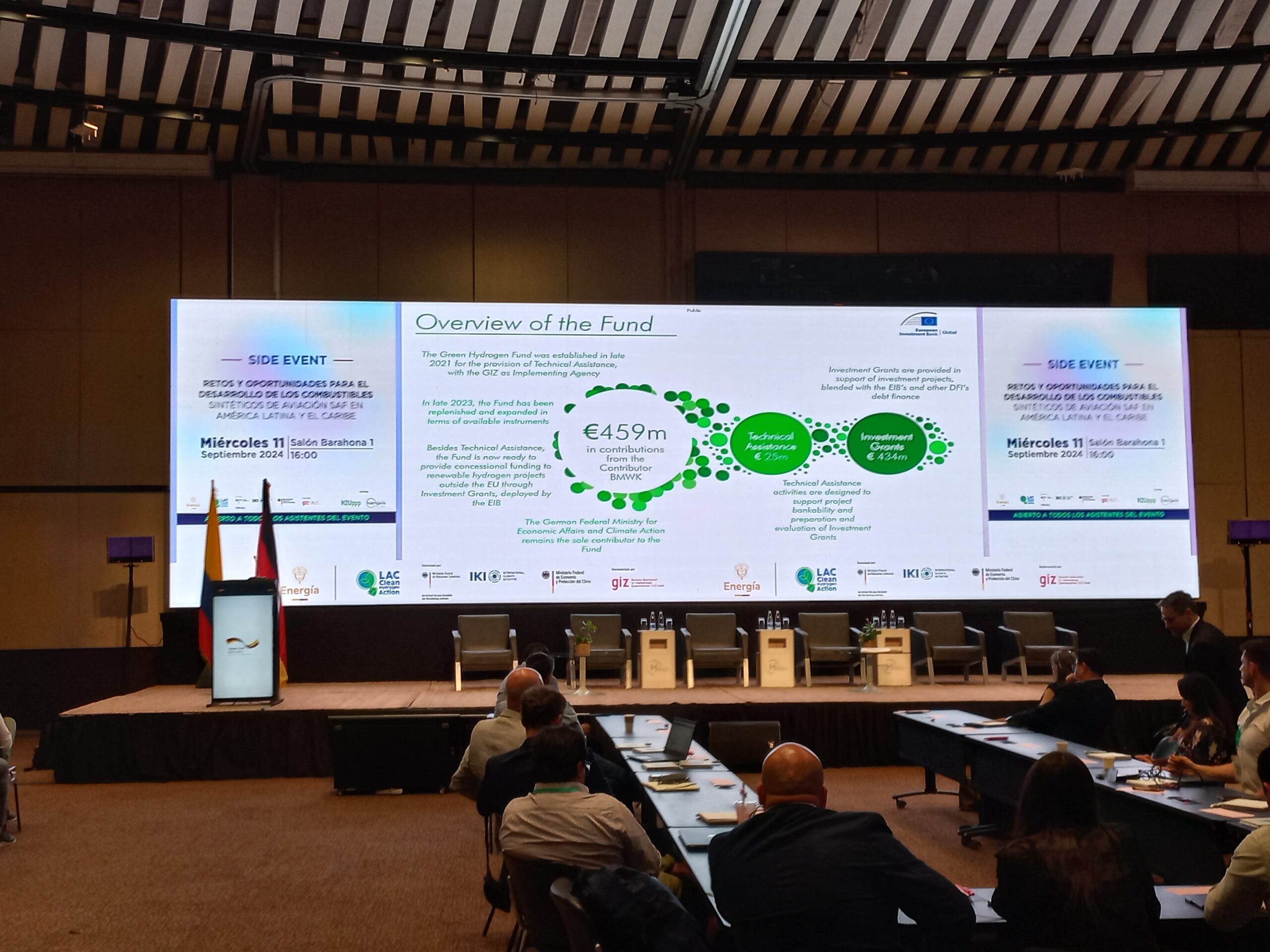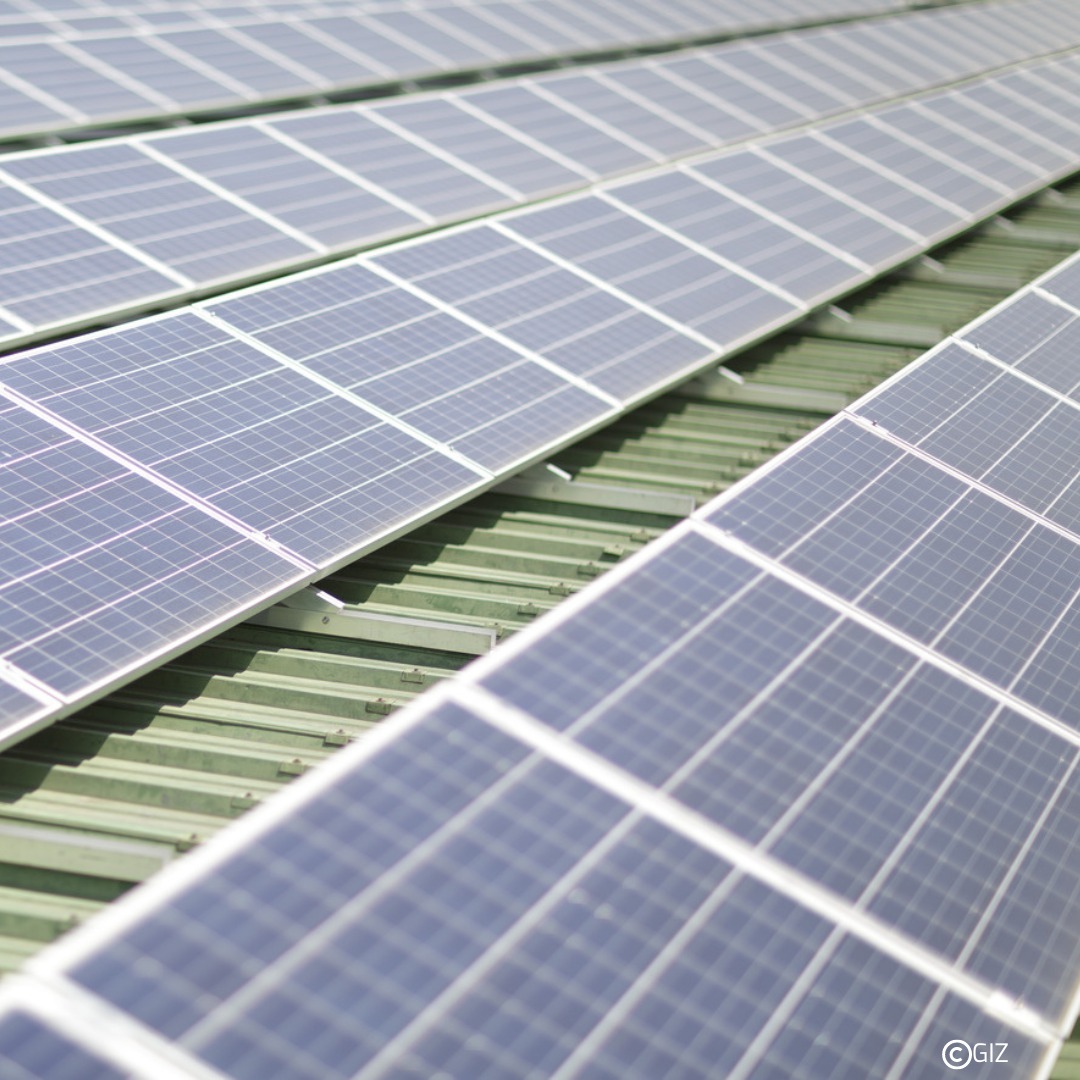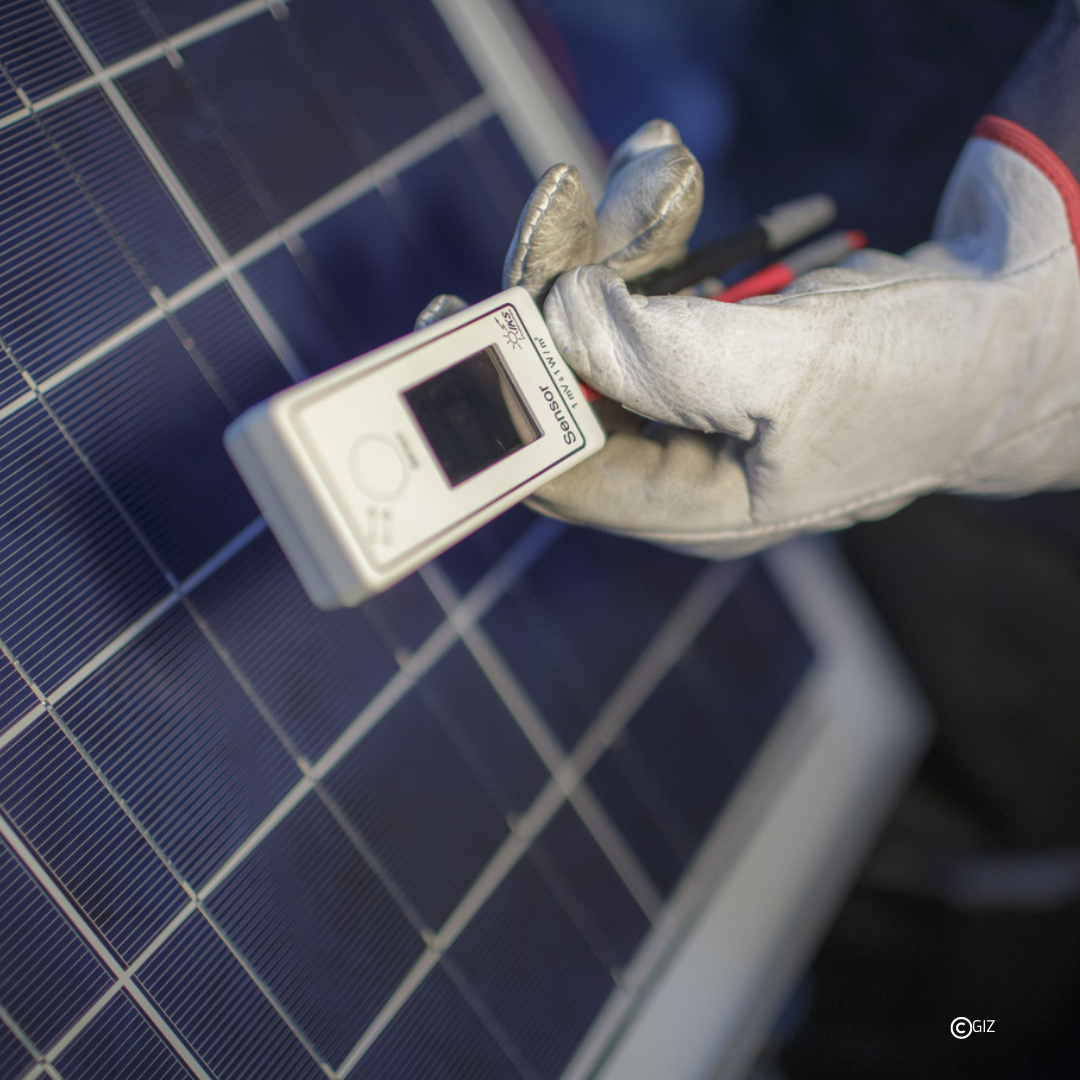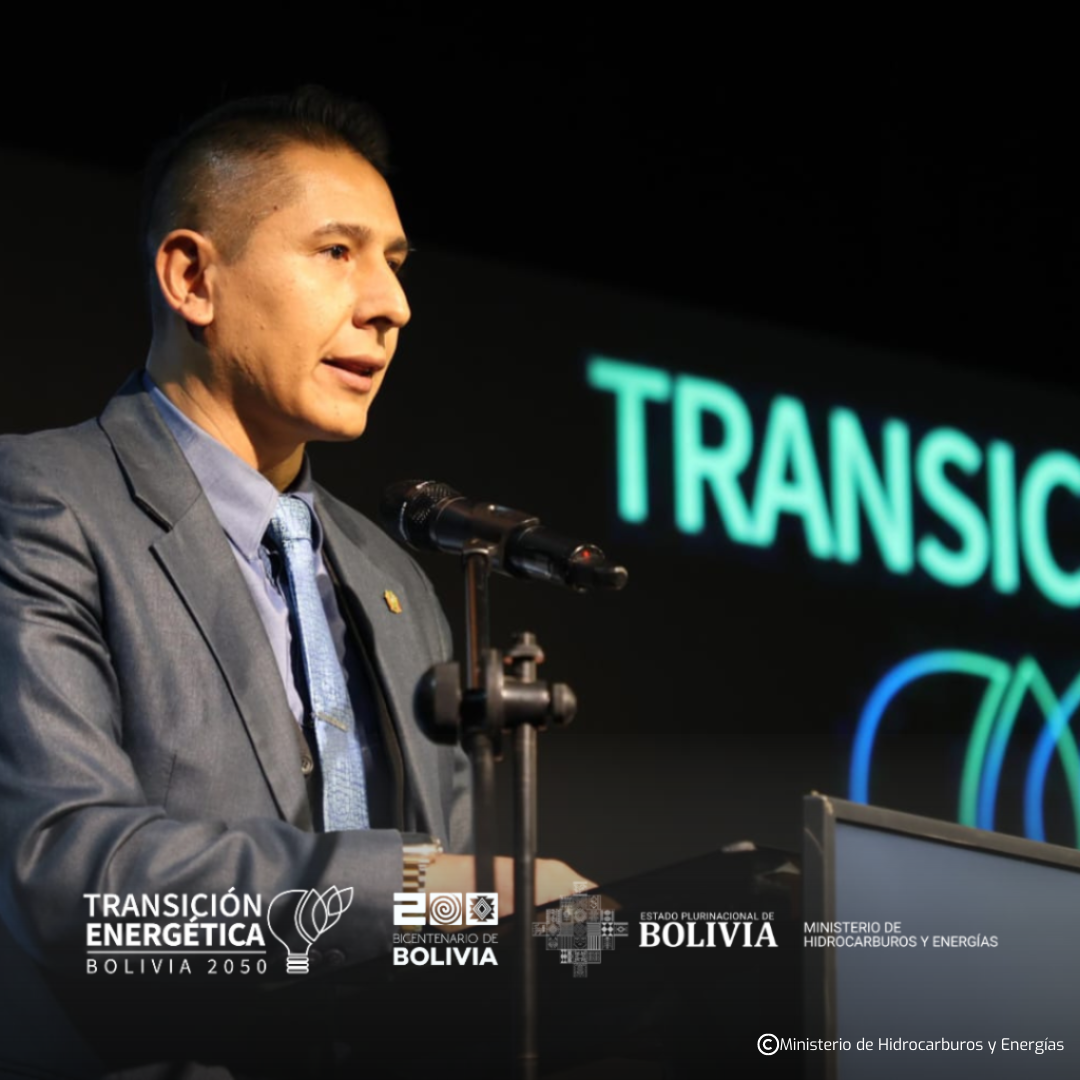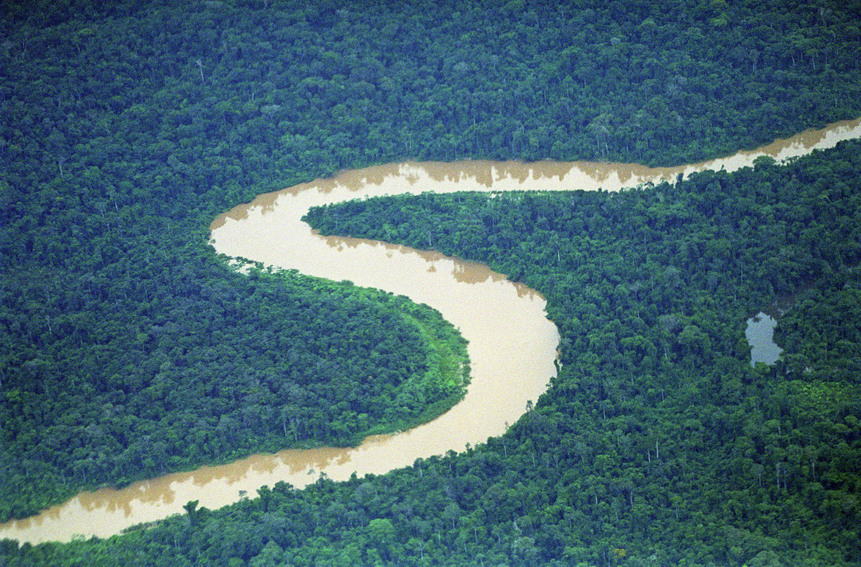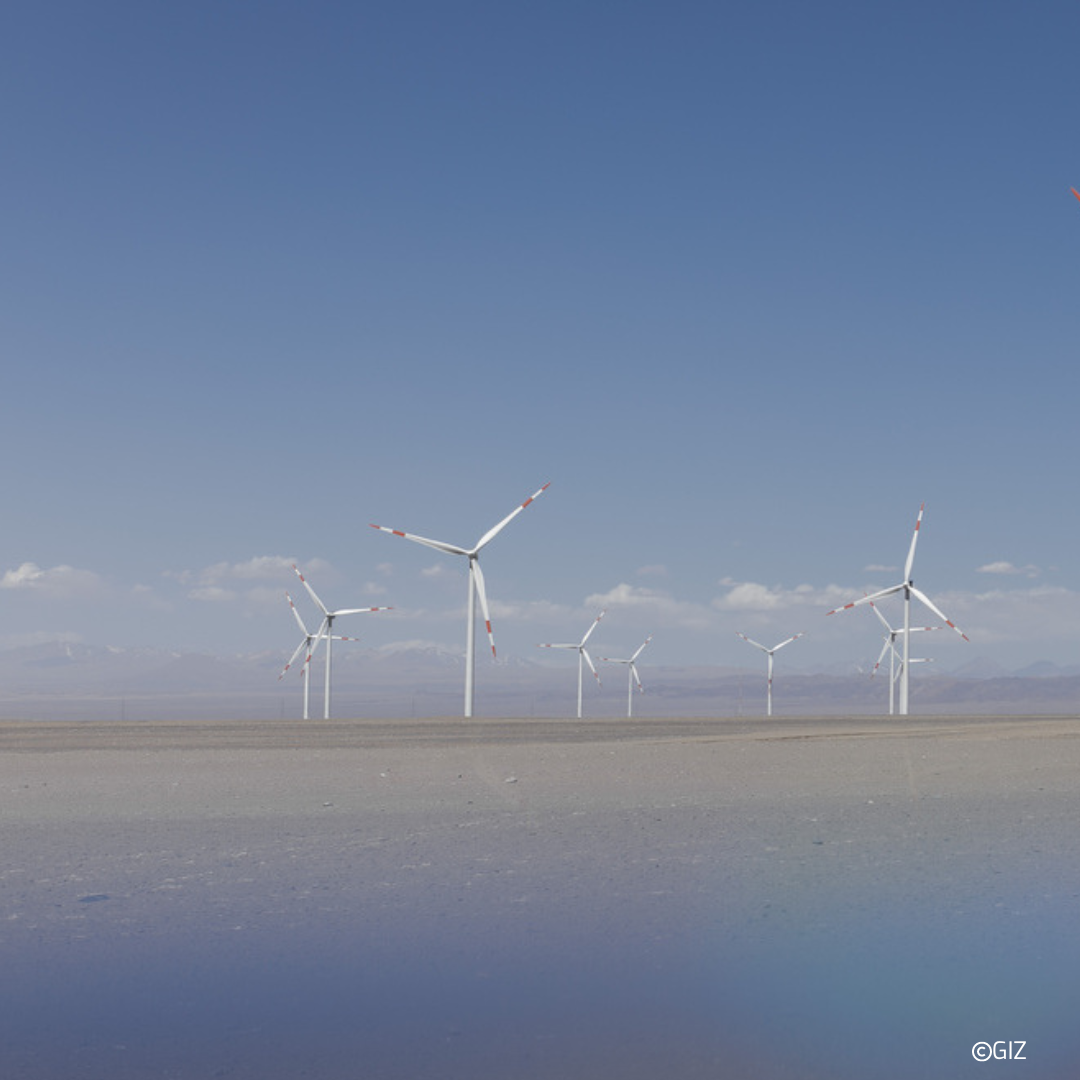The country, with the support of the European Union through Euroclima, is promoting the green hydrogen regulatory framework and human capital development as part of its National Green Hydrogen Strategy (ENHIVE) and its commitment to energy transition and decarbonization.
Panama develops its potential to produce and store green hydrogen with Euroclima
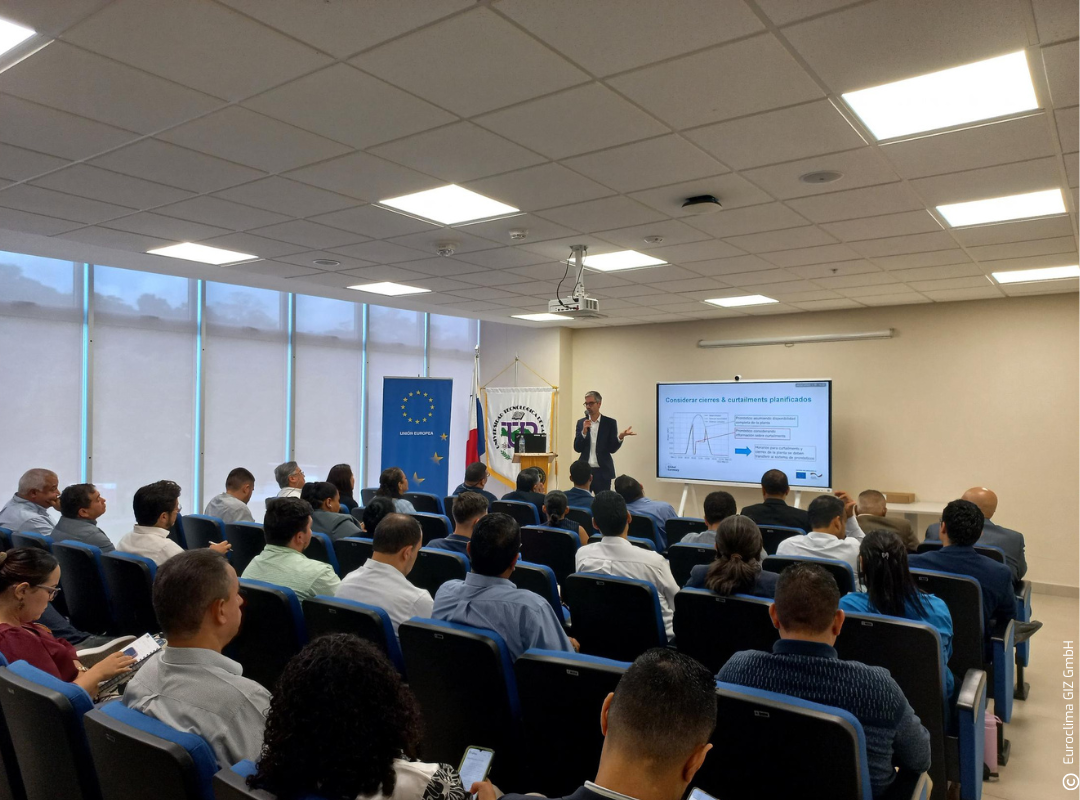
In order to position Panama as a key player in the energy transition and decarbonization of the energy matrices of Latin America and the Caribbean, the European Union’s Euroclima program has worked with the Panamanian government in the development of a regulatory framework and human capital to boost the green hydrogen market in the country. This initiative has been implemented by the Deutsche Gesellschaft für Internationale Zusammenarbeit GIZ GmbH and Fundación Internacional Y Para Iberoamérica De Admón Y Políticas Públicas (FIIAPP).
The development of the energy vector has been identified as a strategic priority in the collaboration framework between Panama and Euroclima in its 2023-2024 Action Plan, supporting Panama’s National Green Hydrogen Strategy (ENHIVE) and considering its potential for the decarbonization of key sectors that are complex to electrify, such as maritime transport, aviation and the chemical industry.
The initiative was launched with the objective of strengthening the technical-professional skills needed to respond to the demands of the labor market in this incipient industry in Panama.
This initiative also includes the participation of international experts, who have worked closely with local authorities and stakeholders to identify the specific needs of the Panamanian market.
As a first step, a characterization of the labor profiles linked to the development of the hydrogen market produced from renewable sources in the country was carried out, incorporating a gender and differential approach. During the presentation of the progress achieved, the first results of this analysis were shared. The development of skills and training are key pillars for Panama to have the qualified labor necessary for the deployment of the industry in the country.
In parallel, the country is now moving forward – with the support of international experts – in the development of a legislative framework to lay the foundations for the necessary infrastructure in the green hydrogen sector.
The Ambassador of the European Union in Panama, Isabela Matuz, highlighted the importance of international cooperation in promoting this initiative during the presentation of results. “Thanks to this collaboration, the National Energy Secretariat now has a solid base of information to advance the regulation and promotion of green hydrogen, a key resource for the energy transition,” Matuz said.
It should be noted that the country meets the strategic conditions to achieve the objective of attracting investment and consolidating the country as a regional hub for clean energy. Its location, with its access to the Atlantic and Pacific oceans, positions it with a key potential role in the international green hydrogen market. Thus, the implementation of these policy and capacity building proposals will not only strengthen their economy, but also contribute to global climate goals, reaffirming their commitment to a future.
About Euroclima:
Euroclima is the regional cooperation program that fosters strategic partnership between the European Union and Latin America and the Caribbean, based on shared values and a commitment to jointly address climate change and biodiversity loss. A platform for the exchange of ideas and experiences among countries in the region and with the European Union.
It is co-financed by the European Union and the German federal government through the Federal Ministry for Economic Cooperation and Development (BMZ). Seeks to contribute to sustainable, resilient and inclusive transition through climate mitigation and adaptation efforts, including protection, restoration, biodiversity conservation and the promotion of the circular economy.
Euroclima is part of the renewed Agenda for Relations between the EU and Latin America and the Caribbean and is part of the Global Gateway strategy that promotes investments and financing in relevant sectors, as well as the use of other instruments of the EU and its Member States to achieve more sustainable, just and interconnected societies.
It is implemented under the spirit of Team Europe, through the synergic work of eight agencies: Spanish Agency for International Development Cooperation (AECID), AFD Group: Agence Française de Développement (AFD)/ Expertise France (EF), Economic Commission for Latin America and the Caribbean (ECLAC), Fundación Internacional y para Iberoamérica de Administración y Políticas Públicas (FIIAPP), Deutsche Gesellschaft für Internationale Zusammenarbeit (GIZ) GmbH, the UN Environment Programme (UNEP) and the United Nations Development Programme (UNDP).
¡Suscríbete a H2LAC Review!
Recibe nuestro newsletter mensual y sé el primero en recibir información actualizada sobre el desarrollo del hidrógeno verde en la región.
Noticias relacionadas
